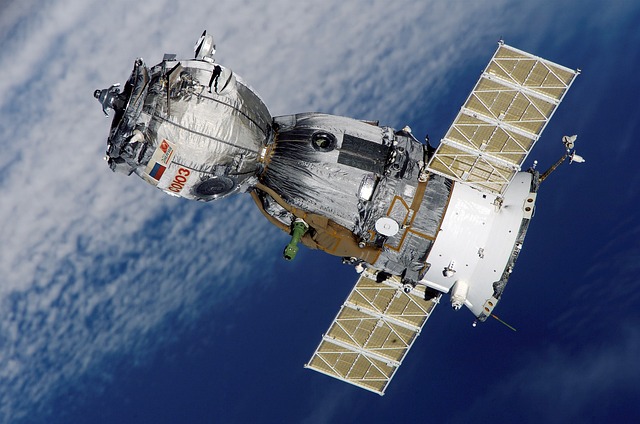Title: The Legal Labyrinth of Space Mining Rights
Introduction: As humanity's ambitions extend beyond Earth's atmosphere, the legal frontier of space mining emerges as a complex and fascinating realm. This article delves into the intricate web of laws, treaties, and emerging policies that govern the exploitation of extraterrestrial resources.

The Outer Space Treaty: Foundation of Space Law
The 1967 Outer Space Treaty serves as the cornerstone of international space law. Ratified by 110 countries, including major space-faring nations, this treaty establishes key principles for the exploration and use of outer space. It declares that space is the province of all mankind and prohibits any nation from claiming sovereignty over celestial bodies. However, the treaty’s language is vague regarding the exploitation of space resources, leading to diverse interpretations and legal debates.
National Space Mining Laws: A New Space Race
In recent years, several countries have taken steps to establish national frameworks for space mining. The United States pioneered this trend with the 2015 Commercial Space Launch Competitiveness Act, which grants U.S. citizens the right to own and sell space resources they extract. Luxembourg followed suit in 2017 with its own space mining law, aiming to position itself as a European hub for space resource activities. These national laws have sparked discussions about their compatibility with international obligations and the potential for a ‘race to the bottom’ in space regulation.
The Hague International Space Resources Governance Working Group
Recognizing the need for a more comprehensive international framework, The Hague International Space Resources Governance Working Group was established in 2016. Composed of experts from various fields, the group aims to develop Building Blocks for the governance of space resource activities. Their work focuses on creating a balance between encouraging space exploration and ensuring the sustainable and peaceful use of outer space resources.
Legal Challenges and Unanswered Questions
The nascent field of space mining law faces numerous challenges. One key issue is the principle of non-appropriation established by the Outer Space Treaty. While the treaty prohibits national appropriation of celestial bodies, it does not explicitly address the extraction and ownership of resources. This ambiguity has led to debates over whether mining activities constitute a form of appropriation.
Another significant challenge lies in defining and enforcing property rights in space. Without a clear international consensus, conflicts may arise over claims to specific resource-rich areas on celestial bodies. The lack of a centralized authority to oversee and regulate space mining activities further complicates the situation.
Environmental and Ethical Considerations
As the legal framework for space mining develops, environmental and ethical concerns are coming to the forefront. The concept of planetary protection, which aims to prevent biological contamination of celestial bodies, must be balanced against resource extraction activities. Additionally, questions about the equitable distribution of space resources and the rights of developing nations who may not have the capability to participate in space mining are becoming increasingly important in international discussions.
The Future of Space Mining Law
As technology advances and space exploration becomes more accessible, the legal landscape of space mining will undoubtedly continue to evolve. International cooperation will be crucial in developing a comprehensive and widely accepted legal framework. Future discussions may focus on establishing an international regulatory body, creating mechanisms for dispute resolution, and ensuring that space mining benefits humanity as a whole.
The intersection of space law and resource extraction represents a new frontier in legal thinking. It challenges our traditional notions of sovereignty, property rights, and environmental stewardship. As we venture further into the cosmos, the legal principles we establish today will shape the future of human activity in space for generations to come. The development of space mining law is not just about regulating a new industry; it’s about defining our species’ relationship with the universe beyond our home planet.






